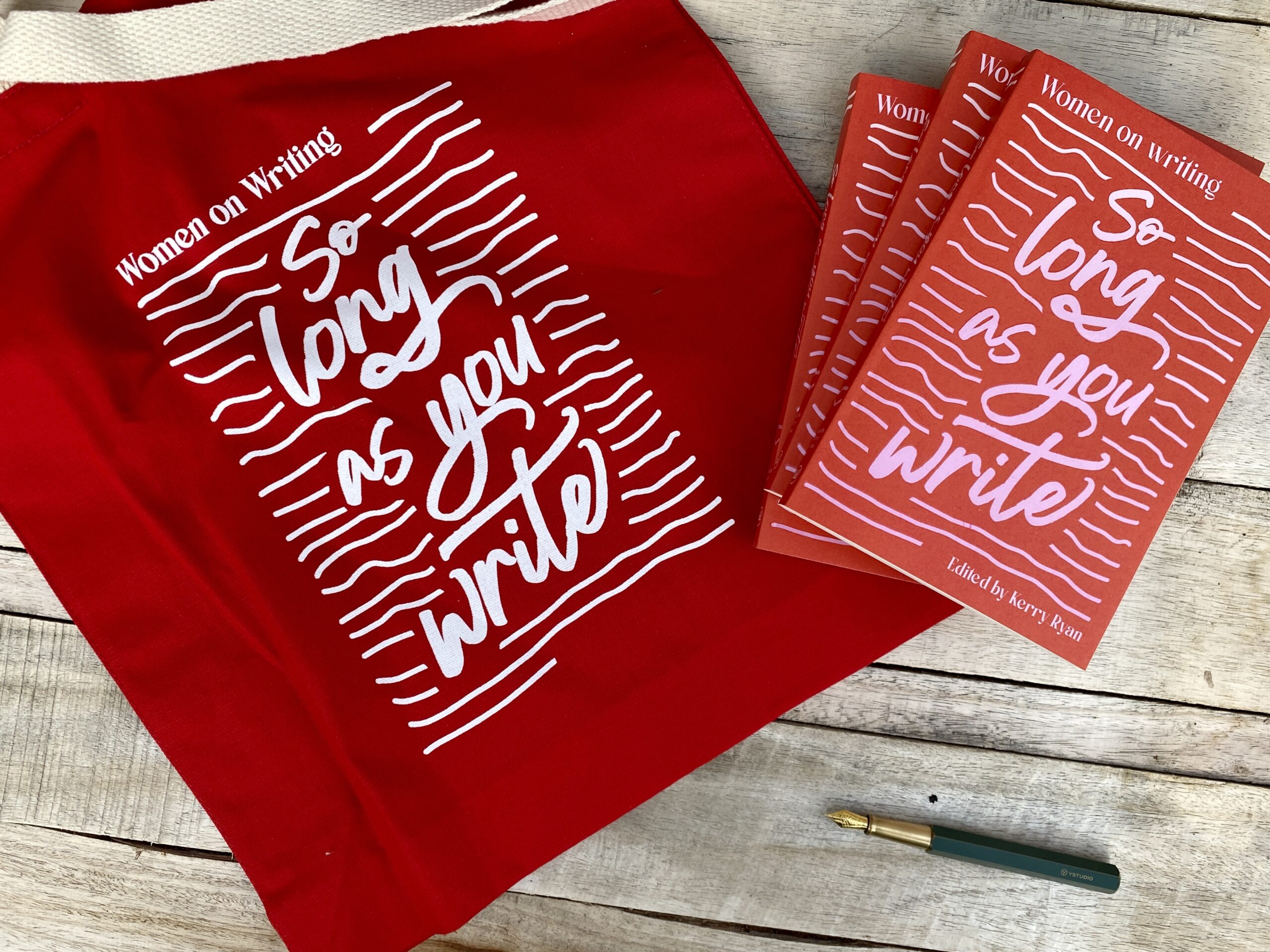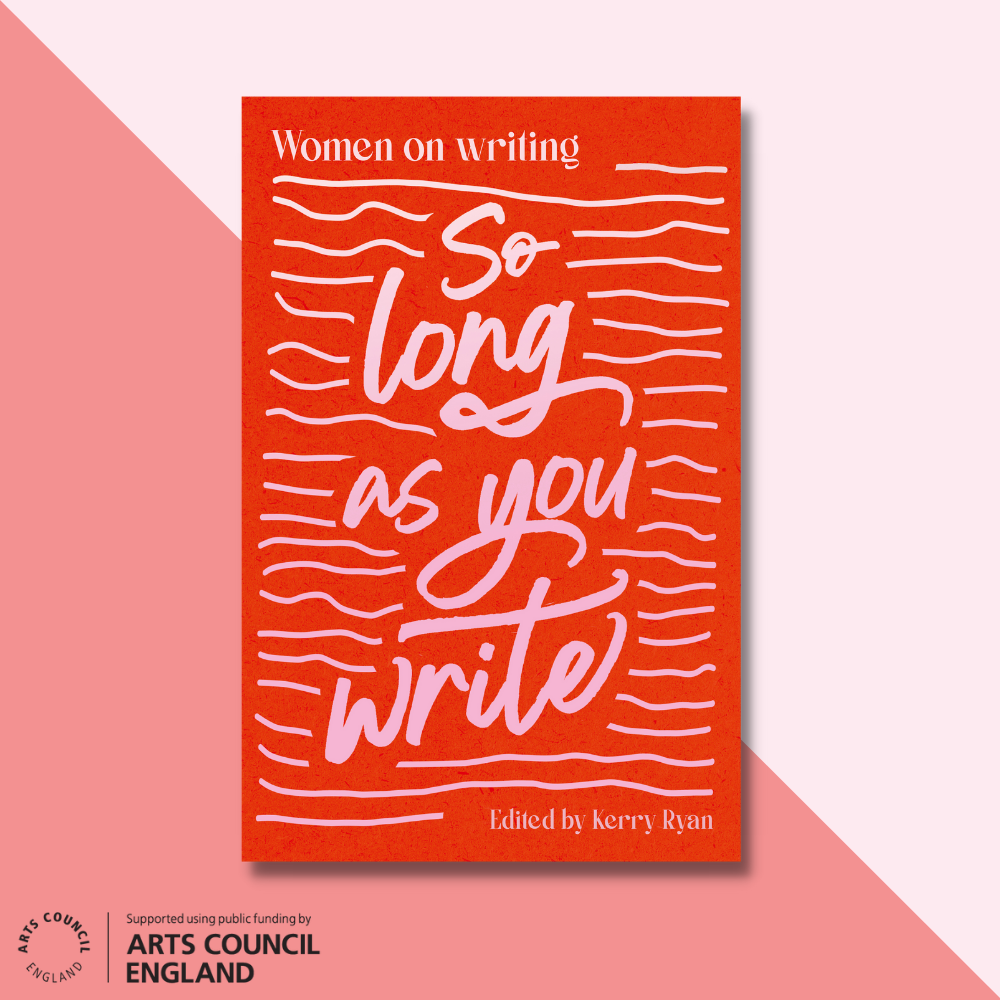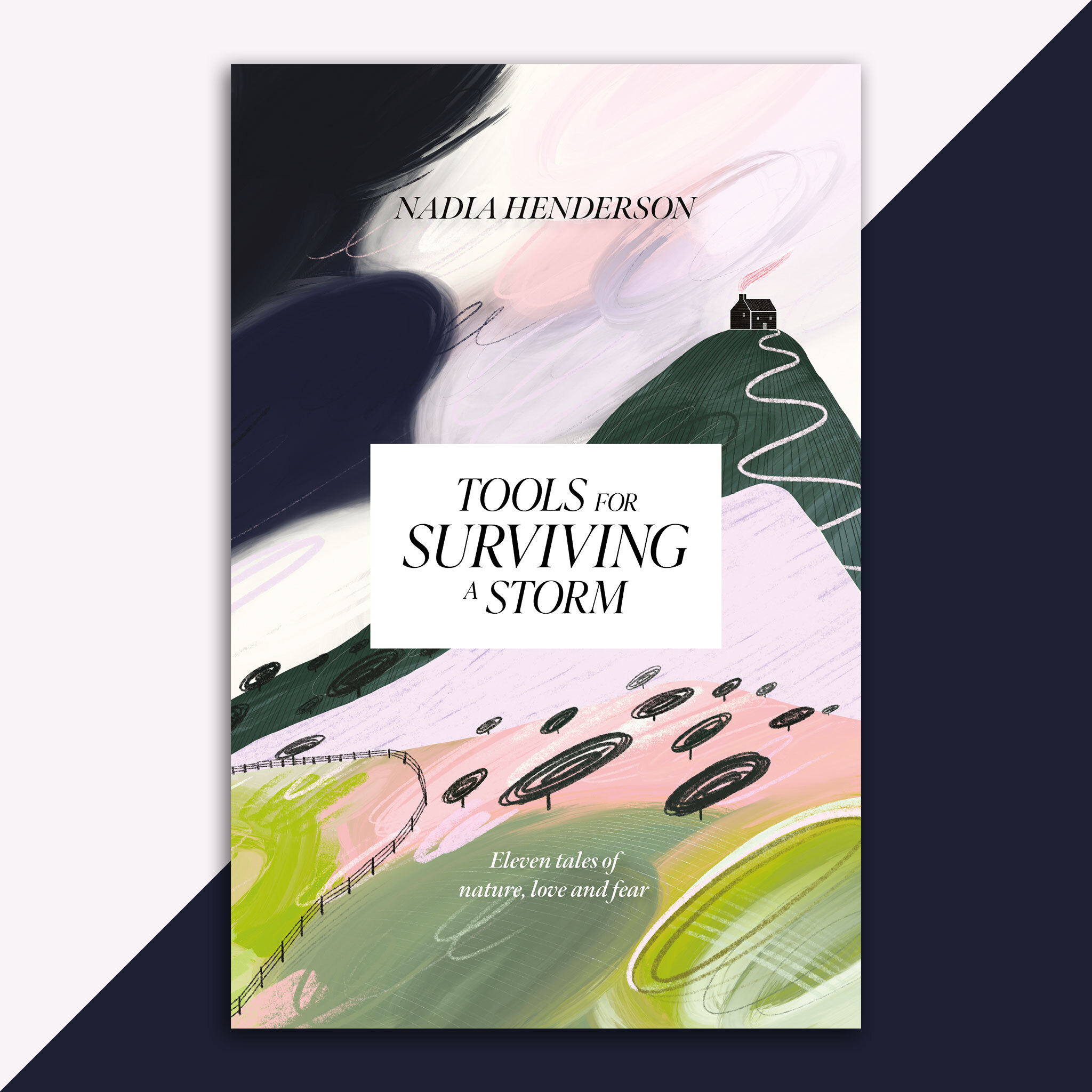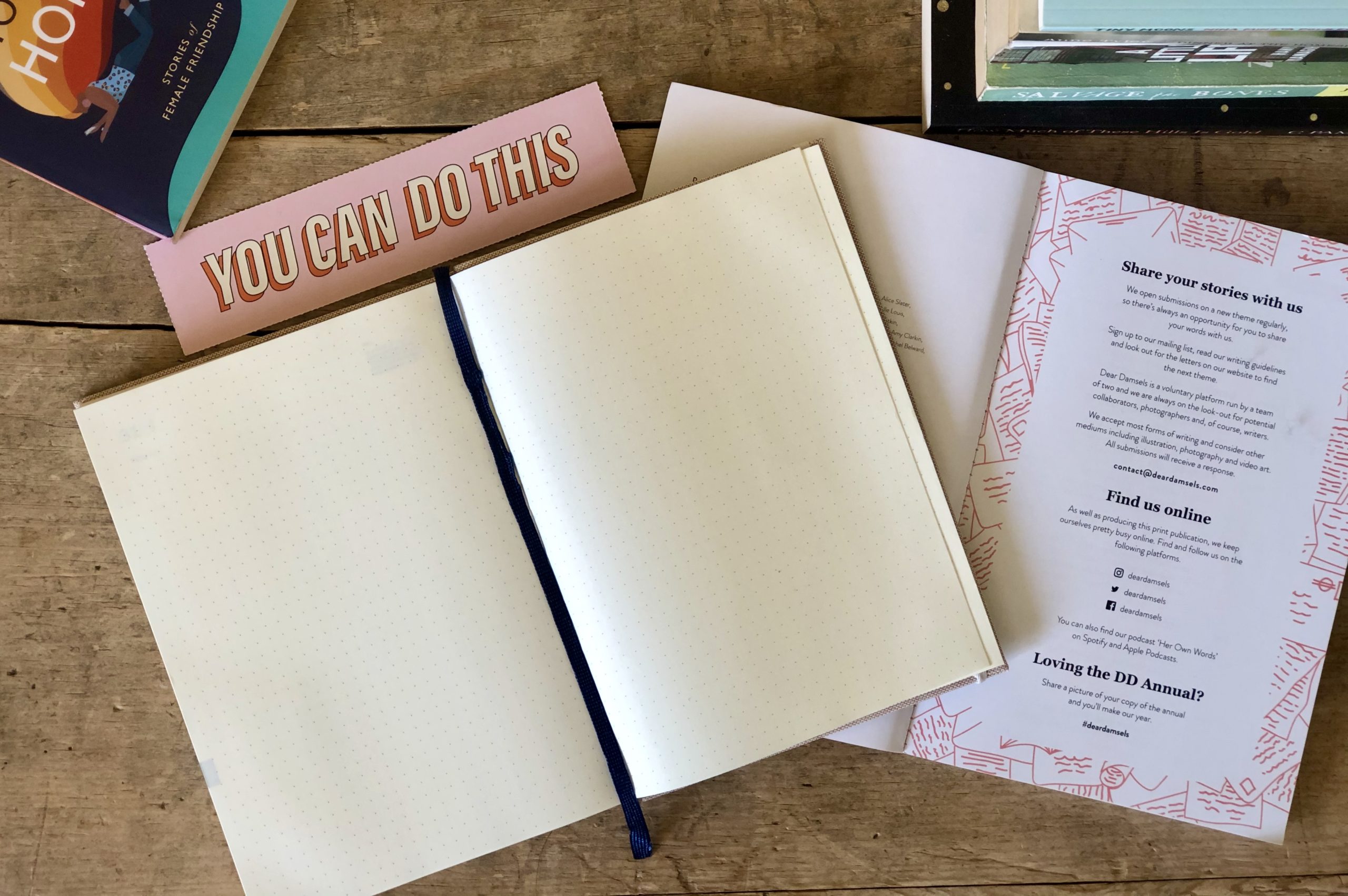Formative Acts
by Francesca Gilbert
One
She is sitting in the swing. It is yellow, with a blue bar which slides down over her head to nestle into her lap and make sure she doesn’t fall out. It works: she is wedged snugly into her seat, the navy cotton of her sundress tucked close around her thighs. The air smells of early evenings in late summer, sweet and heady with the scents of grass and flowers and skin that has spent too long in the sun.
Her house is full of people. Grandparents, aunties, uncles, cousins. They are all here – some of them for the final time – to celebrate an important occasion. She will forget what, in the years that follow. She will forget the cake, bought especially from the posh supermarket the day before, and the flowers her auntie brought for her mum. She will forget the murmurs of polite conversation being batted around the patio table by the grown-ups, two sides of the family united, for now, only by her. All she will recall of today is the cool air lifting her hair from the back of her neck as she swoops towards the grass below, knees tucked under her seat so that she flies faster, and the potency of the day’s perfume enveloping her as she arcs forwards, away again from the ground, and kicks her legs out in front to propel herself back again.
Two
She is in the garden again. A Wednesday, after school. It’s the summer term, because she is wearing her blue checked dress. The swing is long gone; it is a year, at least, since her dad dismantled it, and it hadn’t been used for at least a year before that. It was a baby’s swing. It has been replaced by more sophisticated apparatus: a football goal, the net tugged loose around the base from one too many hard kicks into the corner; a climbing frame, the top of which is high enough to provide a clear view of next-door’s garden, and her friend Holly’s garden beyond that; and a plastic see-saw, pea-green and fashioned into something resembling a crocodile.
It is the see-saw that holds her attention at the moment, although she is playing alone. In her game, she is Pocahontas. She watched the film with Holly at the weekend, and they taught themselves all the words to Colours of the Wind, rewinding the video to re-watch the song over and over. She is singing it now, quietly, under her breath, as she balances carefully on the crocodile’s spine, legs spread wide so that it doesn’t tip and throw her off. The grass below her is a river, clear water stirred by the jagged rocks that pierce its surface, carrying her, fearless, towards the waterfall. She throws her head back and spreads her arms wide as she crests over the edge and plummets towards the rapids below. As the imaginary waters settle around her, a movement through the kitchen window catches her eye. Her mother is watching her, smiling. The girl feels suddenly self-conscious, dragged too quickly from the wild North American forest and curiously ashamed to have been caught there. She abandons her reptilian raft in the middle of the grass, and turns away from the window to practice the monkey-bars on the climbing frame. She never will learn how to do them properly.
Three
She is standing in a car park, next to a bench. It is a grey day, and her arms are cold beneath the sleeves of her new black dress. The label is itchy against her neck. She reaches around to fold it under itself, again.
There are a lot of other people in the car park. Most of them are milling around by the building on the other side of the cars. Her parents are there, somewhere, but she can’t pick them out amongst the sea of black coats and black hats and black suits. She is standing with her grandfather. His mother is dead.
This is sad, she supposes. It is hard to imagine the old lady that she has visited at the big house where the old people all live was ever young, like her own mum. It is hard to imagine that her grandfather was ever a boy. It’s supposed to be sad, anyway, that’s why people were crying when they were inside the crematorium. One man that she is supposedly related to but has never seen before in her life was crying so much that his whole face went red and he had to blow his nose. It was really loud, because everybody was so quiet and still. It was quite funny, really, but nobody laughed.
Her grandfather, though, is smiling. He puts his arm around her shoulders and pulls her towards him so that her cheek rests against his soft jumper, his plump belly. ‘Ninety-eight isn’t a bad run,’ he says, as much to the bench as to her. ‘She said she wanted to go up in a hot-air balloon for her hundredth birthday. And now she’s even higher.’ She stretches her arms around him and swallows back the lump that has inexplicably formed in her throat. After a moment, he takes her hand and they re-join the bleak assembly behind them.
In ten years she will stand in that same car park, next to that same bench, but he won’t be there beside her.
“There will be time, she hopes, in the moments still to come. Millions and millions of them, waiting to be filled. Waiting for her.”
Four
She is walking through school with her best friend, Kate. They have stayed late to practice for their clarinet exam, which is next Monday. The corridors are empty, and their laughter ricochets between the walls and off the stone flags of the floor, echoing to fill the space. They are laughing so hard that it hurts, and they have been forced to let go of each other’s arm and hold their own sides, gasping for breath between each fresh burst.
They are laughing because Kate referred to Johnny, who they have both known since they were snotty four-year-olds but have lately come to realise is actually pretty fit, as loverboy. The absurdity of the word coupled with their ludicrous new feelings is too much for them. They don’t stop laughing when they reach the school gates, or the main road, still unable to wipe the grins off their faces when they reach Kate’s house. It only takes one brief glance passing between them to set them both off again, revelling in their secret, unfamiliar joy.
In three years they will argue over nothing and only silence will pass between them as they sit beside each other during double Maths. They will experience their real first flings separately, delivered of the shared secrets that once anchored them together and untethered from the bond that they shared.
Five
She is staring out of her bedroom window at the field across the road. The council have cut down the last of the trees that trimmed the land, where she and her friends used to make dens and play on the rope swing and challenge each other to see who could climb the highest. All that is left now is the grey steel fence. The field looks too exposed without the trees, the ground barren. She sighs. She feels, suddenly, old.
She is supposed to be revising. Tomorrow is her final exam, and the last time she will ever do long division. She has worked hard, even though maths is difficult and boring. She knows she will do well. In a few years’ time she won’t remember how to do long division, or trigonometry, and, though she would never believe it if you told her, she will quite miss knowing how to find the answers.
Six
She slips off her shoes as she reaches the end of the street, conscious that her footsteps are echoing in the still morning air. It is midsummer, and daylight has arrived before anybody is ready for it. Nobody will be stirring for at least another hour. She spreads her toes on the tarmac, wincing as the swollen, blistered flesh at her heels and little toes is exposed for the first time. It has been a long walk home. It was stupid not to get a taxi, but it made sense at the time. She supposes. She can’t really remember. That was hours ago, and miles away. She is sober now, and tired.
She eases her key into the lock and turns it gently, holding her breath as she steps into the hallway. There is no sound from upstairs. Gingerly, she closes the door behind her and creeps up the stairs. The final stair creaks and she hesitates, but still her parents remain in their bed, undisturbed. She shuts her bedroom door and strips off her dress and pants and bra, kicking them into the corner next to her washing basket. She doesn’t look in the mirror. She doesn’t want to see what she looks like after last night, wants to leave it there. Last night has no place this morning.
She slides between the sheets of her single bed and closes her eyes, as she has done six thousand times before. Sleep comes quickly, gloriously deep and blank, void of any dreams. It can all wait until morning. It will.
Seven
She hoists the bag onto her back and hugs her parents one last time. She doesn’t look back until she is through the gate, on the other side, when it is too late to turn back. She raises her hand and waves and smiles, and they smile and wave back at her. And then she rounds the corner and joins the throng of people waiting for their passports and tickets to be checked.
Once through security, she buys a bottle of water and some sweets for the flight, like her mum always did when they were younger. She gets to the gate early and opens the book she has packed for the flight. She reads the same paragraph two – three – times, before giving up. Her stomach flutters as her flight is called.
Her seat is next to the window. She shuts her eyes and grips the arms of the chair as the engines roar and the plane accelerates along the runway. They are in the air when she opens them again, turning her head to the window to avoid the kindly smile of the woman who is sitting next to her and who she does not know.
The plane banks sharply to the right and a familiar map is spread below her. She can pick out the supermarket, the school, the streets, even (she tells herself, although it is probably not), her parents’ car heading home from the airport. She thinks of their house, her bedroom, her bed, all as she left them this morning, and feels a sudden pang below her ribs. A million moments that have moulded her, all lived out below in those neat, flower-bordered streets.
The plane breaks through the clouds and the ground below is obscured from view. Her stomach settles, and she sits back in her seat and watches the plane’s shadow glide across the white blanket below. Up here, there are no maps or lines or scars, no evidence of everything that has come before. The sky is enormous, and she has the sudden drive to fill it all. There will be time, she hopes, in the moments still to come. Millions and millions of them, waiting to be filled. Waiting for her.
Francesca Gilbert | @FGilbertWriter | francescagilbert. wordpress.com
Francesca Gilbert is from Manchester and writes fiction and poetry. She has performed poems at For Books’ Sake’s spoken word night, That’s What She Said, and has recently finished writing her first novel.






